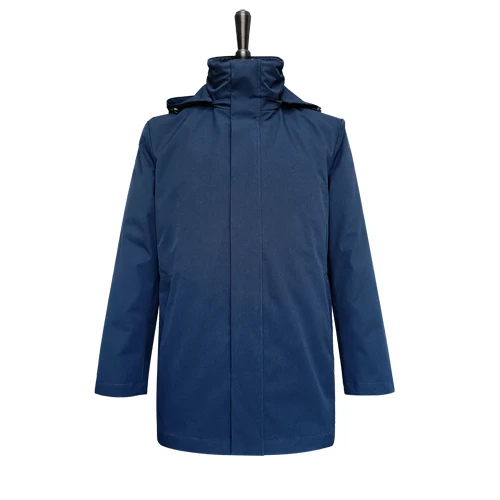

From an environmental perspective, sustainability is increasingly dictating the production of work wear shirts. Brands are innovating with eco-friendly fabrics and processes to minimize the carbon footprint. Recycled polyester and organic cotton are emerging as popular choices for companies looking to make their attire sustainable. Not only do these initiatives address global environmental concerns, but they also align with corporate responsibility standards, enhancing brand credibility and trustworthiness among conscious consumers. Personalized work wear has also become a trend, with companies increasingly opting to customize shirts for branding and team identity. Embroidered logos and personalized name tags not only enhance the professional appearance but also foster a sense of unity and corporate pride among employees. In sectors where customer interaction is frequent, such branding subtly yet powerfully reinforces corporate identity and trustworthiness in the client’s mind. Digital advancements have also made their way into the work wear industry. With smart technology, some shirts now come integrated with features like temperature regulation and biometric tracking. Such innovations, albeit in their nascent stages, illustrate a move toward clothing that not only serves the body but also enhances the job's efficiency through technology. As an authoritative figure in workplace attire, I cannot emphasize enough the critical nature of continually updating and improving work wear shirts. This sector, while historical, is ripe with innovation and stands at the intersection of fashion, technology, and functionality. The investment in high-quality work wear not only represents an investment in employee satisfaction and safety but also underscores a company’s commitment to excellence and progressive practices. In conclusion, work wear shirts are far more than mere pieces of fabric; they are a testament to the evolving nature of the workplace and its demands. With ongoing advancements in materials, safety features, sustainability, and technology, the future of work wear promises enhanced functionality and greater comfort, ensuring that employees can carry out their roles with both efficiency and pride.















